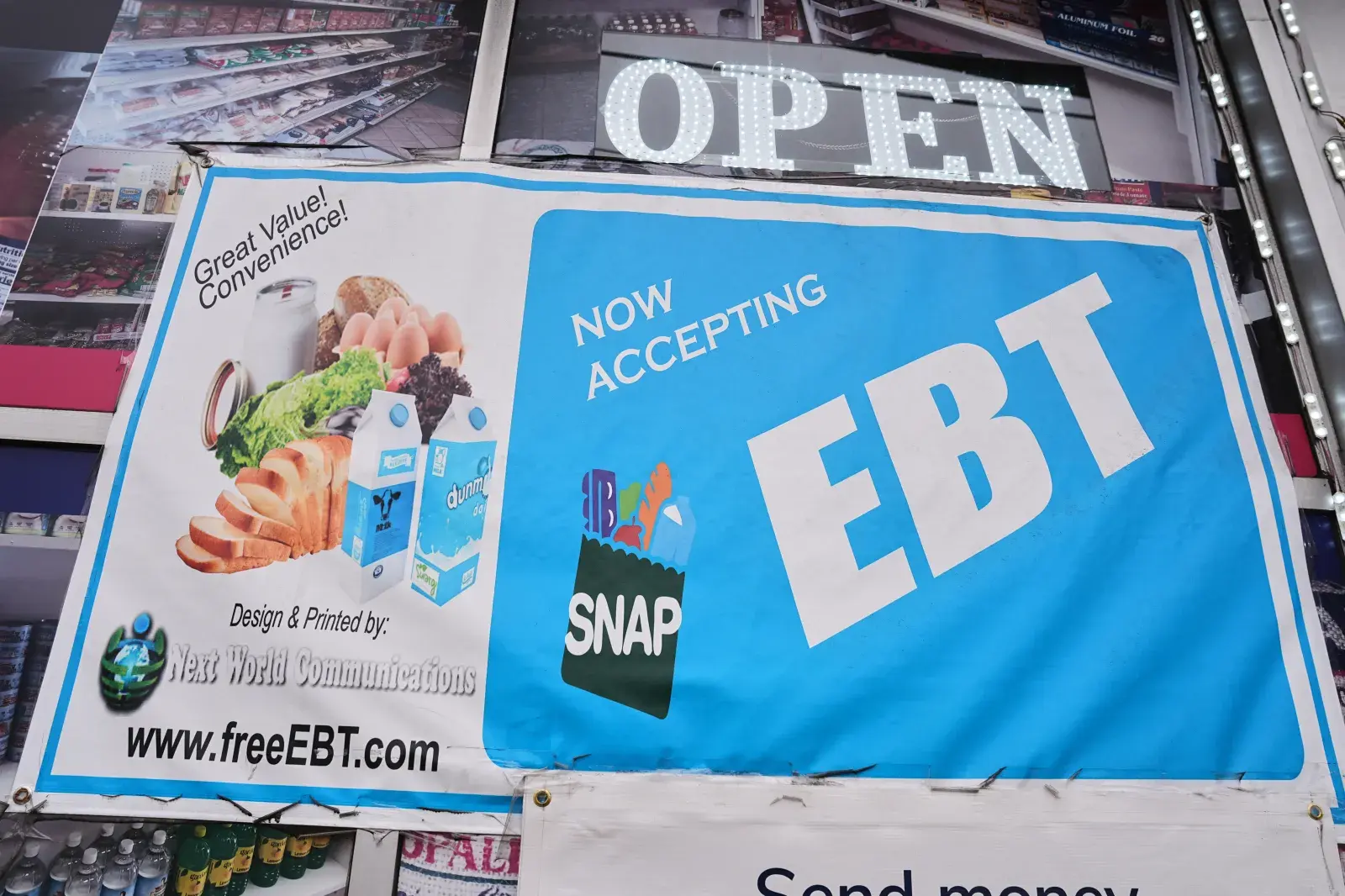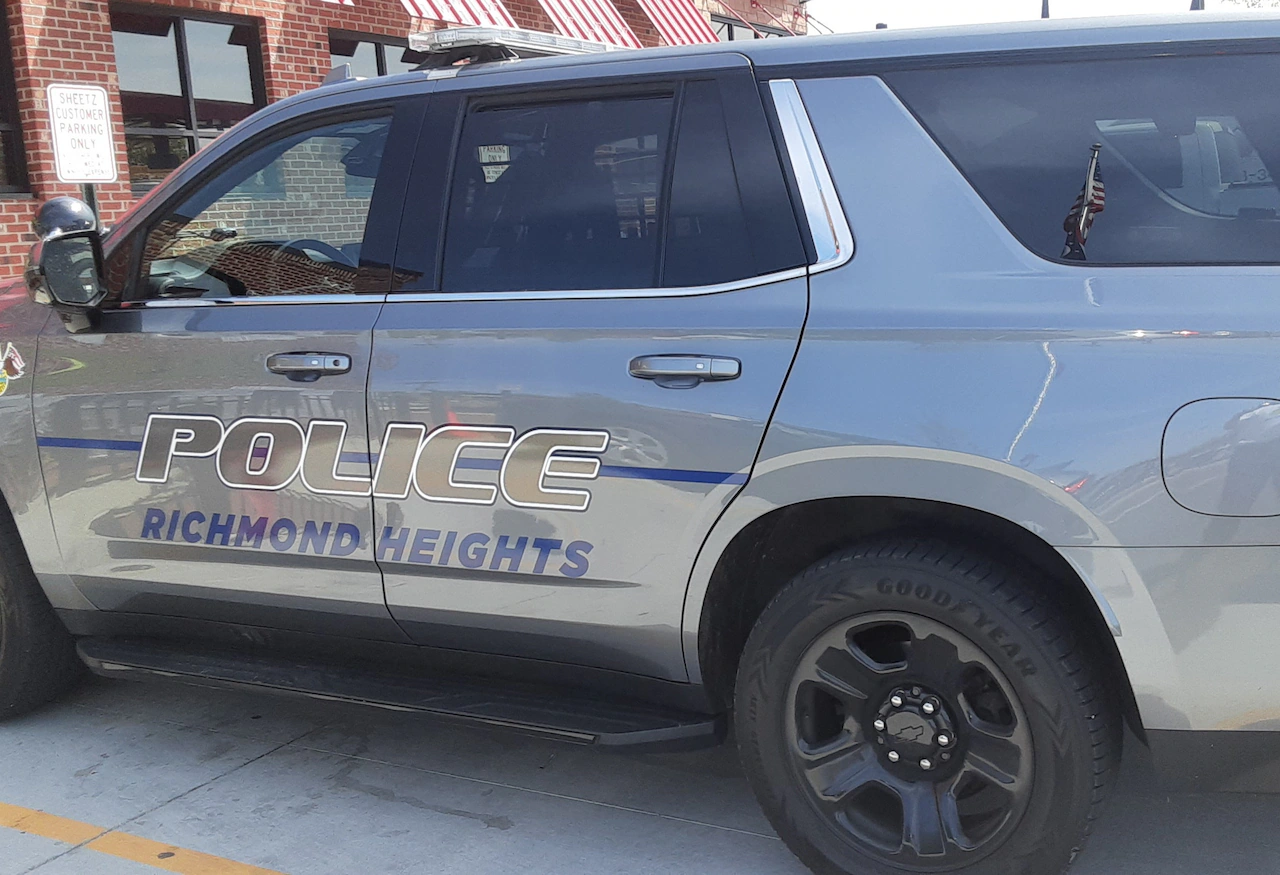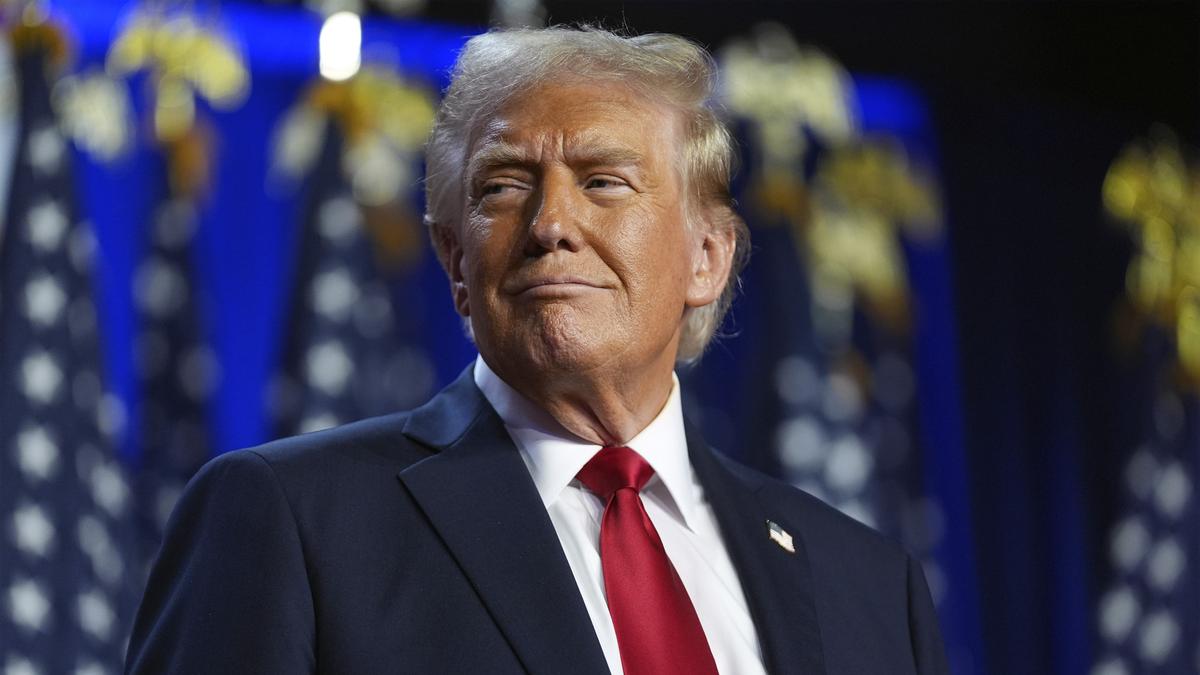Copyright newsweek

Louisiana approved measures on Wednesday to help residents bridge the gap if normally-scheduled funds for Supplemental Nutrition Assistance Program (SNAP) benefit recipients are not distributed on November 1. The state joined at least 17 others that have identified funding and approved measures to continue assisting those facing food insecurity. The lack of benefits comes as the government shutdown stretches into its fourth week, leaving many federal workers without paychecks and beneficiaries of SNAP—roughly 40 million Americans—with little to no alternatives to feed themselves and their families. On Tuesday, officials from 25 states and the District of Columbia filed a lawsuit aiming to have the Trump administration fund SNAP through a contingency fund. Why It Matters Recipients of SNAP have been warned across the United States that they may not receive funds on their debit cards in November as the government shutdown continues. The suspension of those benefits threatens critical food access for millions of low- and no-income Americans across the country, serving about 1 in 8 U.S. residents. The shutdown doesn’t just threaten SNAP recipients; it also threatens benefits for nearly 7 million participants in the Special Supplemental Nutrition Program for Women, Infants, and Children (WIC). As these critical programs fail to be funded, many state leaders have approved programs and funding to assist residents with food insecurity. An EBT payments acceptance sign is posted at a grocery store in Philadelphia, Wednesday, Oct. 29, 2025. (AP Photo/Matt Rourke) What To Know Louisiana joins over a dozen states that have come up with plans to help bridge the gap for those in need of food assistance as of Wednesday afternoon. The states include California, Colorado, Connecticut, Delaware, Hawaii, Kentucky, Minnesota, New Mexico, New York, Rhode Island and Washington, as well as the Republican-led states of Iowa, Louisiana, Nevada, New Hampshire, West Virginia. Lawmakers in Louisiana approved a resolution Wednesday to allow the state’s Department of Health to use up to $150 million in funding for some people who would normally receive SNAP benefits. In an executive order Tuesday, Republican Governor Jeff Landry said about 730,000 residents rely on SNAP benefits, including 120,000 people with disabilities, over 356,000 children and 88,000 seniors. Landry said SNAP recipients who are elderly, disabled and children are prioritized to receive benefits. He explained that the state will have to create its own temporary state-funded assistance program. The program will use data to identify the most vulnerable groups and supply them with benefits, with the elderly and disabled scheduled to receive some funds on their EBT cards between November 1 and 4, according to KLFY. More guidance on distribution of the emergency funds is expected to be released as the program continues. What People Are Saying Louisiana Governor Jeff Landry, during a press conference on Wednesday, according to KLFY, said, “I urge those who are able-bodied to continue to strive to get off SNAP and similar programs. Due to the Democrats’ political games, these programs are not reliable.” West Virginia Governor Patrick Morrisey said in a press release Tuesday: “We’re not going to let our people go hungry because Democrats in Congress vote again and again for the Schumer Shutdown and to prevent SNAP payments from going out on time. West Virginians take care of our neighbors. It’s times like these that we need to come together as Team West Virginia to help those in need.” California Governor Gavin Newsom said in a press release Tuesday: “While Donald Trump parades around the world trying to repair the economic damage he’s done with his incompetence, he’s denying food to millions of Americans who will go hungry next month. It’s cruel and speaks to his basic lack of humanity. He doesn’t care about the people of this country, only himself.” What Happens Next It’s unknown if more states will create programs or approve emergency funding. No agreements have been reached to avoid the lack of SNAP benefits distribution, and the government shutdown has no end in sight.



